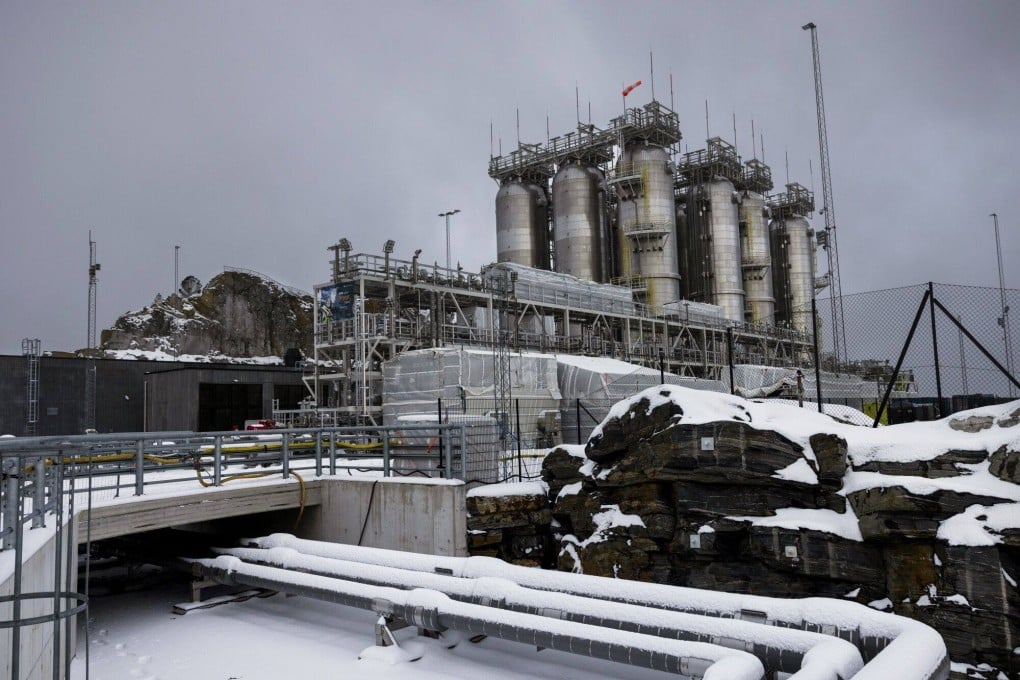Opinion | Let’s get real, carbon capture is not the next big net-zero hope
- Much of the time, it simply lets oil and gas multinationals justify continuing capital-intensive energy projects in the name of decarbonisation

Northern Lights, a venture between three natural gas industry giants – Norway’s state-run Equinor, British multinational Shell and France’s TotalEnergies – has ordered at least four such vessels from Dalian Shipbuilding, a unit of Shanghai-listed China Shipbuilding Industry.
Northern Lights is building the world’s first cross-border carbon dioxide transport and storage facility; it aims to offer carbon storage services to countries. Media groups have largely applauded these moves as a way to help Europe reach its arguably ambitious decarbonisation goals.
Meanwhile, Japan has ambitions of becoming a powerhouse in carbon capture and storage. It led the way in launching the Asia Carbon Capture Utilisation Storage (CCUS) Network in 2021, and counts among its members the Association of Southeast Asian Nations – better known as Asean – Australia and the US.

